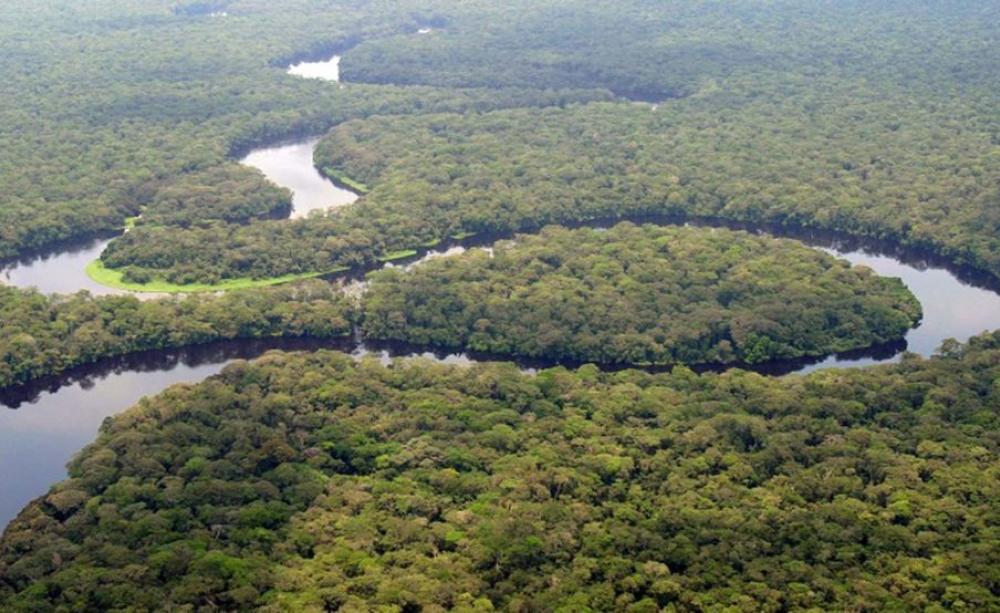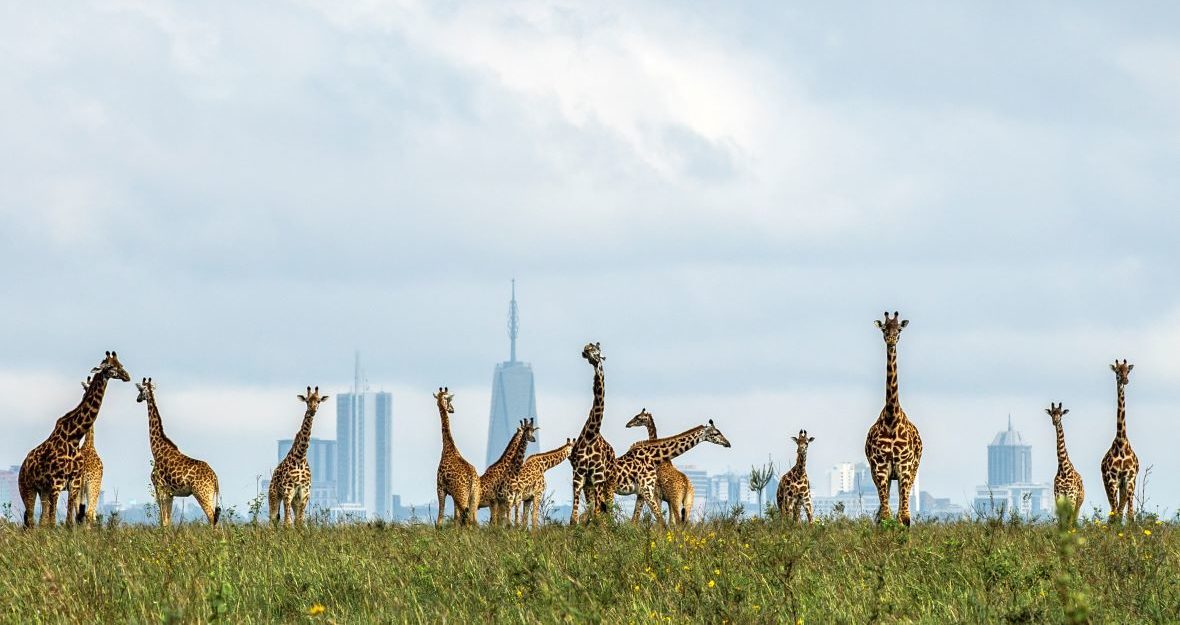- In 2024, tropical rainforests around the globe lost 6.7 million hectares due to fires and deforestation—a catastrophic 80% increase in loss compared to 2023.
Data from Global Forest Watch reveals that global tropical forests have been on a downward trajectory, with 2024 marking a pivotal year that humanity must learn from to restore the planet to its former glory.
In 2024, tropical rainforests around the globe lost 6.7 million hectares due to fires and deforestation—a catastrophic 80% increase in loss compared to 2023. 2024 was also recorded as the warmest in history, with global temperatures surpassing the critical 1.5 degrees Celsius threshold.
As we commemorate the International Day of the Tropics on June 29, 2025, the same pressing issues plaguing these vital regions continue to dominate discussions.
The United Nations reminds us that the tropics encompass 40% of the world’s total surface area and are home to approximately 80% of the planet’s biodiversity. Yet, despite their ecological importance, these regions face unprecedented biodiversity loss.
Research indicates that the rampant fires devastating tropical forests in 2024 can be directly linked to human activities, particularly land clearing for agriculture.
Read More
In the Congo Basin, the repercussions of forest loss are particularly severe, driven largely by the introduction of cash crops. This relentless clearing of land not only diminishes biodiversity but also undermines the ecosystem's ability to recover.
The International Day of the Tropics serves as a reminder of the unique challenges and opportunities faced by tropical nations. These regions, characterized by their warm climate and minimal seasonal temperature variation, are critical to the health of our planet.
Key areas within the tropics include parts of Central America, much of Africa, Southeast Asia, and Northern Australia.
The fate of tropical forests and, by extension, our planet depends on our collective action and commitment to preserving these irreplaceable ecosystems.






-1750764913.jpg)